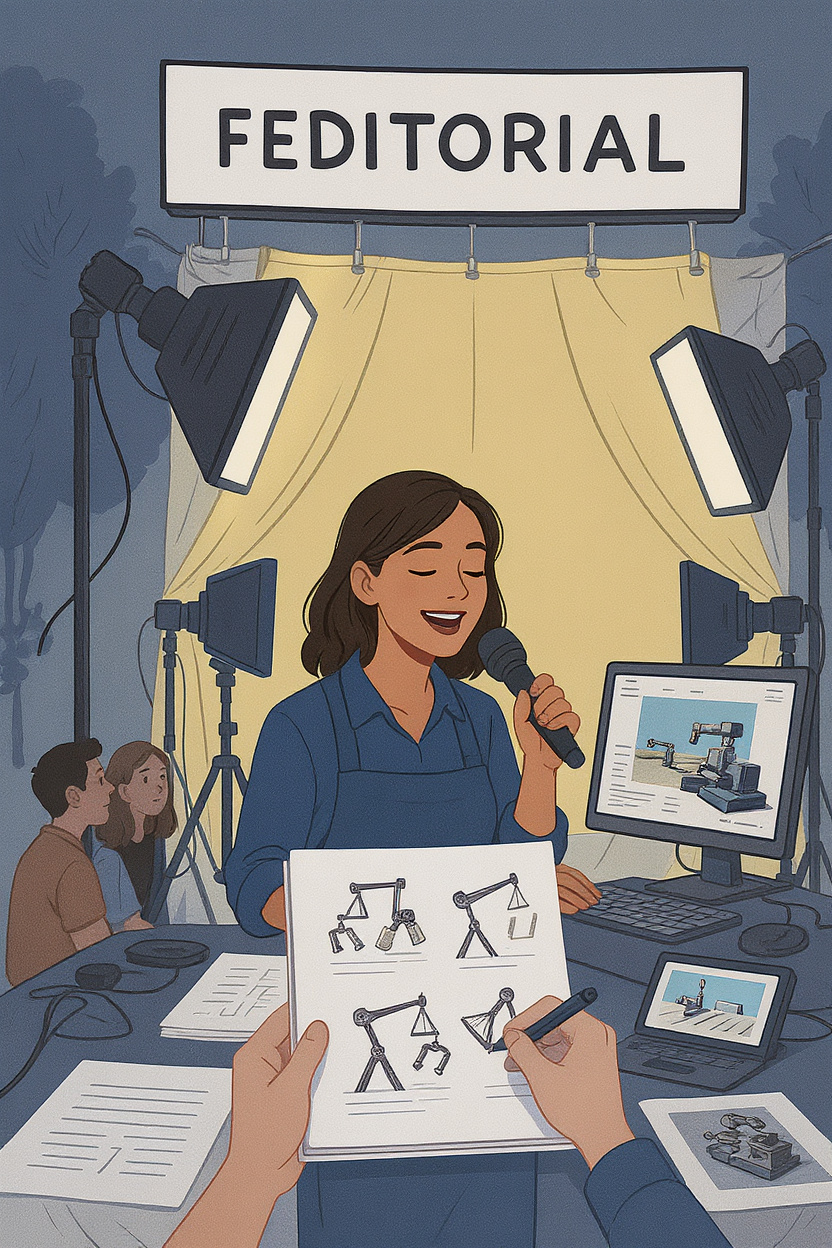Silicon Valley Tech Bros Terrified After Discovering AI Might Actually Be Useful
In a shocking development that has rattled the tech world, Silicon Valley executives have entered full-blown panic mode—not because AI is advancing too quickly, but because a Chinese chatbot is threatening to expose the industry’s dirty little secret: AI is mostly smoke, mirrors, and a well-marketed fever dream.
The chaos erupted last month with the launch of DeepSeek R1, China’s latest artificial intelligence model, which sent US tech stocks into a nosedive and caused an unprecedented existential crisis for venture capitalists who suddenly realized their most profitable product is fear, not technology.
“This isn’t just a ‘Sputnik moment’—this is a full-scale existential emergency,” sobbed Brad VandenHeuvel, a venture capitalist clutching his Patagonia vest like a stress ball. “For years, we convinced people that AI was some mystical, priestly magic only we could tame. Now here comes DeepSeek, just… working. Like, without crashing. This breaks every unspoken rule of Silicon Valley grifting!”
For decades, Silicon Valley has thrived on the idea that AI could do *everything*—solve climate change, write the next Great American Novel, finally help people understand NFTs—but also *nothing* at the same time, as long as you kept funding it. The strategy? Hype the tech just enough to rack up billions in investment, while making sure it stays flawed and biased enough to justify another round of “improvements.”
Now, however, DeepSeek threatens to upend this entire business model by simply being functional. Worse, it isn’t shrouded in the mystical “veil of Western tech supremacy.” Reports indicate that DeepSeek has less of the baffling quirks possessed by US-made AI—like spontaneously making up court cases or arguing with users over the true nature of reality.
“This is a betrayal of everything we’ve worked for,” lamented Tristan McClain, founder of the obscure yet somehow multi-billion-dollar AI startup ThoughtGeyser. “If AI starts actually working, investors might expect *results.* And if investors expect results, we might have to… I don’t know… build things that aren’t total bullsh*t?”
The real issue for Silicon Valley isn’t one of national security or privacy concerns—though those make great talking points—but the fact that AI’s mystery is what makes it immensely profitable. If people realize generative AI is just fancy autocomplete with good PR, the market for it might collapse faster than their last attempt to rebrand therapy as a “premium subscription to emotional wellness.”
As for DeepSeek, it remains unclear just how “democratizing” this technology will actually become. But one thing is certain: if a world where AI actually *functions* is upon us, it may be time for Silicon Valley’s tech elite to do what they do best—pivot, rebrand, and pretend they meant for this to happen all along.
![]()


